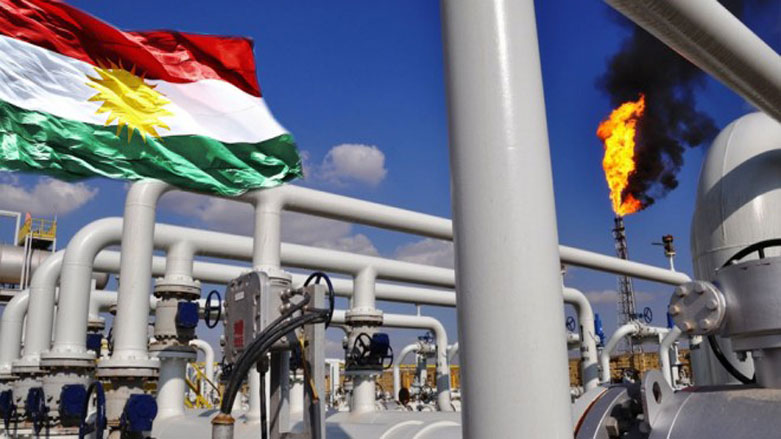Kurdistan’s oil fields dry up quickly

An oil field in the Kurdistan region. Photo: Kurdistan 24
Baghdad (IraqiNews.com) – Government documents revealed that oil production in Kurdistan could almost halve by 2027 if no new explorations are carried out or major investments are made in the sector, according to Reuters.
Diplomats, officials and energy experts said that the sharp decline in oil revenues, which is a lifeline for the Kurdistan Regional Government, may exacerbate the economic problems of a region already in financial troubles in light of the instability in Iraq.
According to the documents, the production of the Kurdistan region could rise to 580 thousand barrels per day within five years if investments were made optimally. This means that 530 thousand barrels per day would be available for export.
But the documents which have not been previously disclosed show that without new investments, the semi-autonomous region will only have 240 thousand barrels per day to export as the old wells run out.
According to the Iraqi constitution, Kurdistan is entitled to receive part of the national budget. But the arrangement collapsed in 2014 when the Kurds wrested control of the Kirkuk oil fields, the main producing fields in northern Iraq, from ISIS groups and began selling crude there independently.
In 2018, Iraqi forces retook disputed territories, including the oil-rich city of Kirkuk, and Baghdad resumed some budget payments, but intermittently. Two payments totaled 200 billion Iraqi dinars (137 million dollars) were sent to the region this year.
A government official said that the Kurdistan Regional Government’s debts are currently around 38 billion USD, and MP Karwan Gazneyi, who is a member of the Energy, Natural Resources, Commerce and Industry Committee, stated that oil exports represent 85 percent of the region’s budget.
The financial situation of Kurdistan government improved this year thanks to the rise in oil prices that followed the Russian war, however, the sharp decline in production will greatly increase the financial difficulties Kurdistan suffers from.
Kurdistan’s oil production already fell from about 468 thousand barrels per day in 2019 to 445 thousand barrels per day last year and 434 thousand barrel per day in the first quarter of 2022, according to Deloitte reports.
